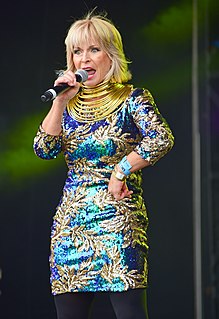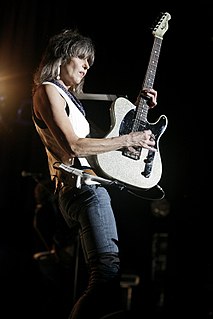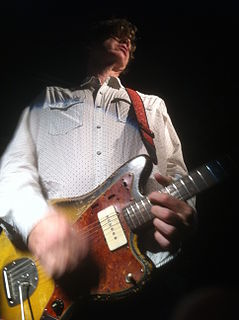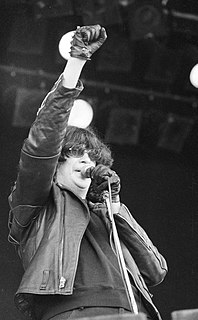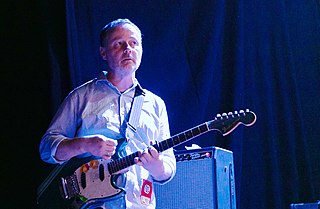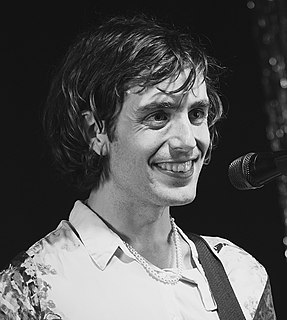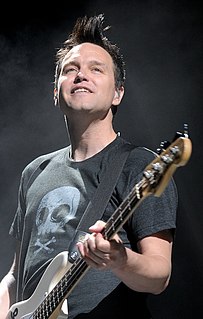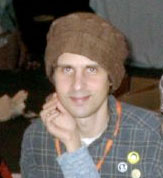A Quote by Toyah Willcox
There's an irony about making a film about punk because punk isn't supposed to have feature films made about it.
Related Quotes
To begin with, the key principle of American indie rock wasn't a circumscribed musical style; it was the punk ethos of DIY, or do-it-yourself. The equation was simple: If punk was rebellious and DIY was rebellious, then doing it yourself was punk. 'Punk was about more than just starting a band,' former Minutemen bassist Mike Watt once said, 'it was about starting a label, it was about touring, it was about taking control. It was like songwriting; you just do it. You want a record, you pay the pressing plant. That's what it was all about.'
As soon as I finished film school I was thinking about, how do I get to feature films? It took about eight years, and I'm still working. Feature films was not the end goal. Feature films was one of the stages. Getting to the point of the Coen brothers or Tarantino, where you're writing your own material and have the budget to do it properly, that's the end goal, and I'm close to that.
We never fit in completely to [the punk] scene because we were writing love songs that were heartfelt and endearing. Some of the punks didn't know what to make of us, but I finally realized that was what made us punk. We sang what we meant, from the heart, and didn't worry about what anyone was going to think.
Punk rock was the first thing I found in my life that made me feel acceptable. The thing that got me into punk rock was the idea, "You're fine just the way you are." It sounds kind of dorky, but you don't have to make excuses for who you are or what you do. When you find something like punk rock, not only is it okay to feel that way - you should embrace your weirdness. The world is totally messed up, and punk rock was a way to see that and work with it without candy-coating it. It was saying, "Yeah, the world is this way, but you can still do something about it. Take energy from that."
I don't come from a film background. I haven't learned anything about films or film-making. But I have a thirst to know everything about my profession. I want to learn about cinematography, about editing, about music recordings, about post-production. So when people in the know talk, I willingly listen.
I've always thought that "punk" wasn't really a genre. My band started in Olympia where K Records was and K Records put out music that didn't sound super loud and aggressive. And yet they were punk because they were creating culture in their own community instead of taking their cue from MTV about what was real music and what was cool. It wasn't about a certain fashion. It was about your ideology, it was about creating a community and doing it on your own and not having to rely on, kinda, "The Man" to brand you and say that you were okay.
